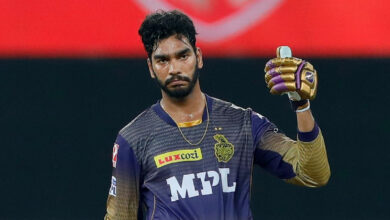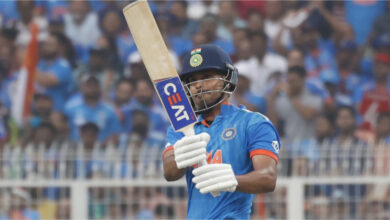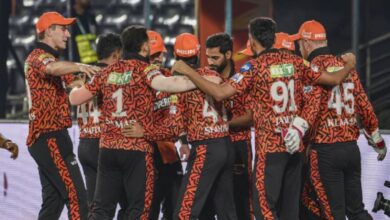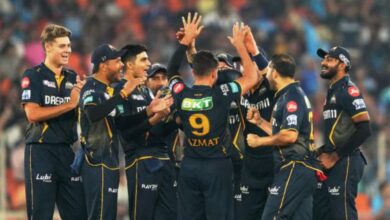Cricketers’ body to look into ways to make global cricket calendar sustainable | Cricket News
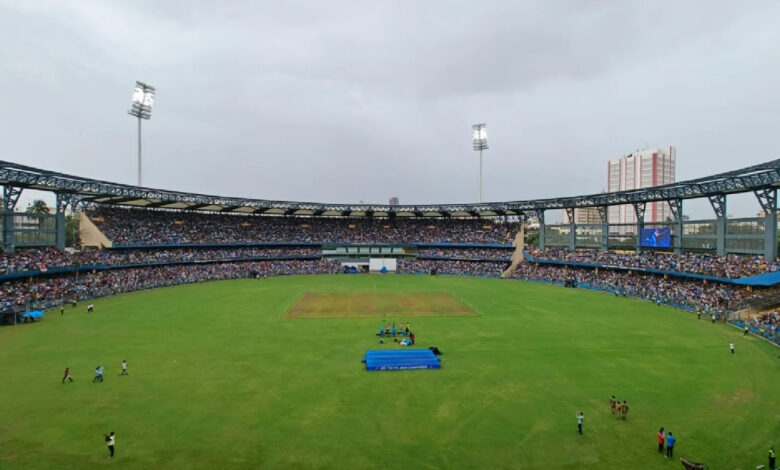
Having given up hope that the ICC member boards will come together to work out a sustainable global cricket schedule where both international and franchise tournaments can co-ex, the World Cricketers Association (WCA) has taken it upon itself to review the current structure and find a way out.On Monday, the WCA (formerly Federation of International Cricketers Association) set up a six-member committee that will meet players, adminrators, broadcasters and franchise owners over the next few weeks and come up with a comprehensive report.
The WCA, for a number of years with its annual report and surveys conducted among players, has been calling on the ICC and its member nations to have a cricket calendar that has space for all formats to stay relevant. However, with no progress on the horizon, the WCA has formed its panel which will table its report in the next four or five months with what it hopes will include a workable solution.
The committee, headed former Australia Cricketers Association chief Paul Marsh, includes former Pakan women’s captain Sana Mir, former FICA chief Tony Irish, former ECB CEO Tom Harrison, former Director of Football Regulatory at FIFA James Kitching and Sanjog Gupta, head of sports at Disney Star.
“What prompted this step is the continued frustration to go with the failure to establish a coherent structure to our global game,” WCA Chair Heath Mills told The Indian Express. “All three formats are viable. We have international cricket and franchise leagues, which is great for the game, but there needs to be better structuring so that they don’t compete with each other,” Mills said.
At present, apart from the IPL which has an international window for itself, Cricket South Africa has managed to find one for its SA20. Although their Test team toured New Zealand earlier this year when SA20 was on, it was a virtual second-string squad comprising players not part of the T20 competition.
Despite being operational for years, Big Bash League runs parallel to Australia’s international home season.
Finding a window for every T20 league would alter international cricket drastically as member boards will have to cut down on bilateral engagements. “We are consently talking with ICC, but we have empathy for them because they have no control over it. It is the member boards that agree to play these series individually. But there is no doubt that the structure of cricket is having a significant impact on international cricket,” Mills said.
Tough choices
While some T20 leagues even run parallel to each other (BBL, SA20 and ILT20 take place simultaneously), it is international fixtures scheduled during the same period that is challenging players to make choices. “Players would love to feature in both, but right now they have to pick one. The T20 leagues (even if they run parallel) have been fantastic and people are engaging. They could compete with each other. But if everyone finds a window, there won’t be space for international cricket.
“So what do we do? Play less internationals?’ We don’t have answers for that. We believe this review will help,” Mills said.
The crowded calendar is already leading to several top players from around the world declining national contracts as it will allow them to play in T20 leagues. Ben Stokes, who is at the heart of Bazball which is supposed to revolutionise Test cricket, turned down a three-year ECB deal last year. New Zealand’s Kane Williamson, Lockie Ferguson and Devon Conway opted for a casual contract as against the full one as it will allow them to feature in franchise cricket.
With a majority of New Zealand players sought after in T20 leagues, there are already questions about their availability during their home summer. In case, their board wants all their top players available for Test cricket, there is a strong chance that they will play their home games either at the start of the summer (November) or towards the end (February-March). If not, their players have to choose between international cricket and the three T20 leagues (BBL, SA20, ILT20).
“The small boards feel the issue. NZC has to work hard to get the balance right. There are an increasing number of players who want to play on casual contracts. If we can retain them to play 7-8 months, it will be the best possible outcome,” Mills, who is also the CEO of New Zealand Cricket Players Association, felt.
To study fan engagement and the economics of survival, the WCA has inducted Gupta and Harrison, two individuals with broadcast experience, in the review committee.
“We deliberately included Sanjog and Harmison because they have experience. Any structure of the game has to take into consideration the economics of the game. And we want to know what the fans are watching, what are they engaged in, what is profitable and what isn’t. So we need people in this group who understand the economics of it. Sanjog has excellent understanding. He is going to ask some hard questions,” Mills added.



